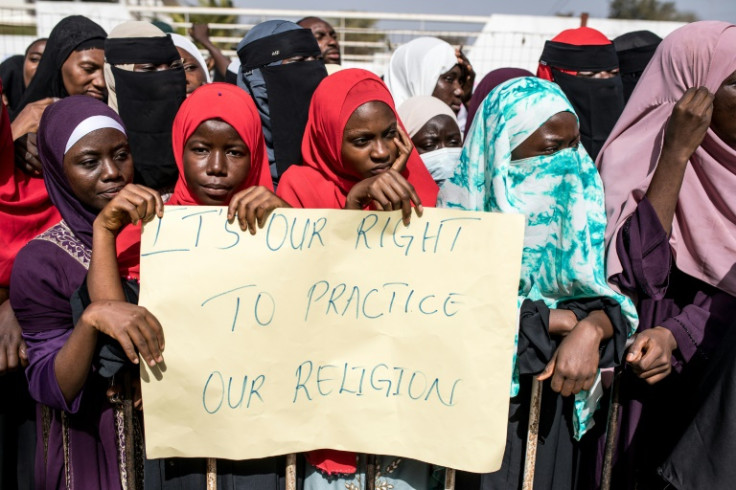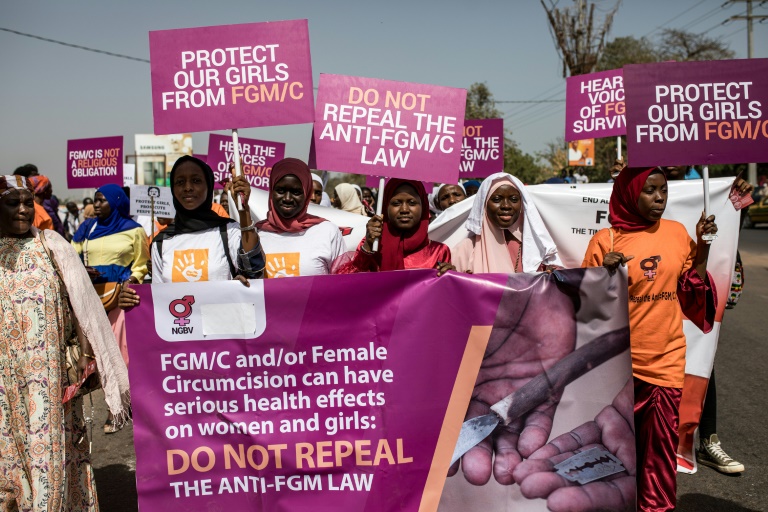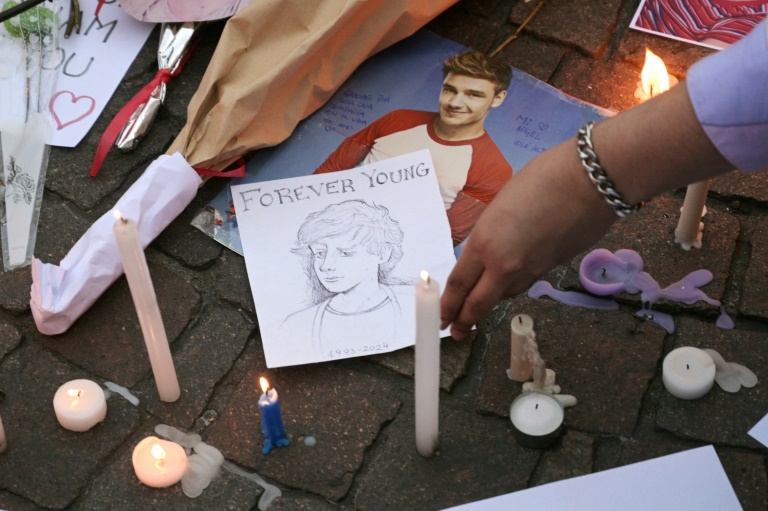Gambian lawmakers on Monday upheld a 2015 ban on female genital mutilation despite pressure from religious traditionalists in the West African country, rejecting a controversial bill seeking to overturn the law after months of heated debate.
International rights groups and the United Nations had urged MPs to reject the bill, saying it threatened years of progress and would have seen The Gambia become the first country to overturn a ban on female genital mutilation (FGM).
Legislators killed the draft legislation by voting against all its proposed clauses, with table banging accompanying the process in the packed parliamentary chamber.
“The Women’s (Amendment) Bill 2024, having gone through the consideration stage with all the clauses voted down, is hereby deemed rejected,” said Fabakary Tombong Jatta, the speaker of the National Assembly, adding that the legislative process had been “exhausted”.
Anti-FGM activists danced and chanted outside parliament after the bill had been defeated, campaigner Absa Samba told AFP by telephone.
“There is a lot of excitement right now and a lot of optimism about what the future could be for women and girls in this country,” said Samba, who herself is an FGM survivor.
“A lot more work is needed because the law is just one aspect of the work, but the law doesn’t necessarily translate to changing the beliefs of the people around the practice,” she added.
The Women’s (Amendment) Bill 2024 had been making its way through parliament since March, deeply dividing public opinion in the Muslim-majority West African country.
Introduced by independent MP Almameh Gibba, the text says that “female circumcision” is a deep-rooted cultural and religious practice, but anti-FGM campaigners and rights groups say it is a harmful violation against women and girls.
FGM involves the partial or total removal of the female external genitalia or other injury to the female genital organs, and can lead to serious health problems including infections, bleeding, infertility and complications in childbirth.
The Gambia is among the 10 countries with the highest rates of FGM, with 73 percent of women and girls aged 15 to 49 having undergone the procedure, according to 2024 figures from UNICEF.
“This vote is a significant victory for women and girls in The Gambia,” Divya Srinivasan, from women’s rights NGO Equality Now, told AFP after the decision, adding that it reflected the country’s dedication to upholding gender equality.
“We hope this sets an example in the immediate region as well as in the whole continent,” she added.
The World Health Organization also welcomed the decision to uphold the ban, calling FGM “an extreme form of discrimination against women and girls”.
A UN report from March said that more than 230 million girls and women worldwide are survivors of the practice.
Amnesty International said the 2015 legislation criminalising FGM in The Gambia was a “significant milestone in the country’s efforts to safeguard girls’ and women’s rights”.
“It was essential that this progress was protected,” said Samira Daoud, Amnesty International Regional Director for West and Central Africa, in a statement.
But the rights organisation also said the government must do more to uphold the law and address the “root causes of the issue to change attitudes and norms in order to empower women and girls”.
Former Gambian dictator Yahya Jammeh, now in exile, outlawed FGM in 2015, branding it outdated and not a requirement of Islam.
Parliament later that year adopted the first law specifically banning the practice, which is now punishable by up to three years in prison.
But in reality, FGM has not been eradicated in The Gambia, with the first convictions only taking place last year.
It was these convictions which caused the issue to flare up in the tiny West African country.
Gambian President Adama Barrow in June said his government would abide by the 2015 ban while awaiting the outcome of the Women’s (Amendment) Bill in parliament.
Lawmakers last week backed the conclusions from a parliamentary committee calling for the ban to be maintained.
The report from the joint committee on health and gender said that repealing the ban “would expose women and girls to severe health risks and violate their right to physical and mental well-being”.
It also said it had consulted Islamic scholars who confirmed the practice was not a requirement of Islam, an argument commonly used by FGM advocates.
The current law is based on the African Union’s Maputo Protocol on the Rights of Women, which The Gambia has ratified.
AFP

AFP







